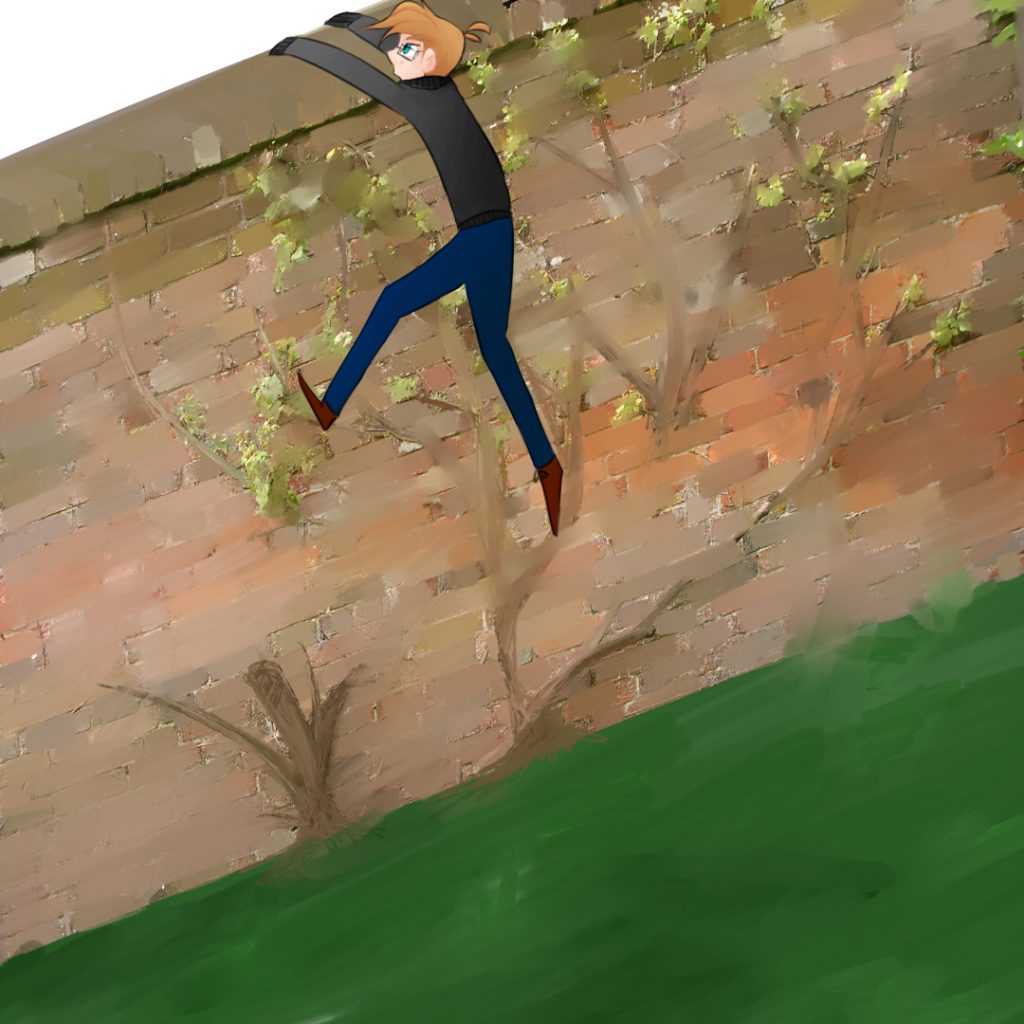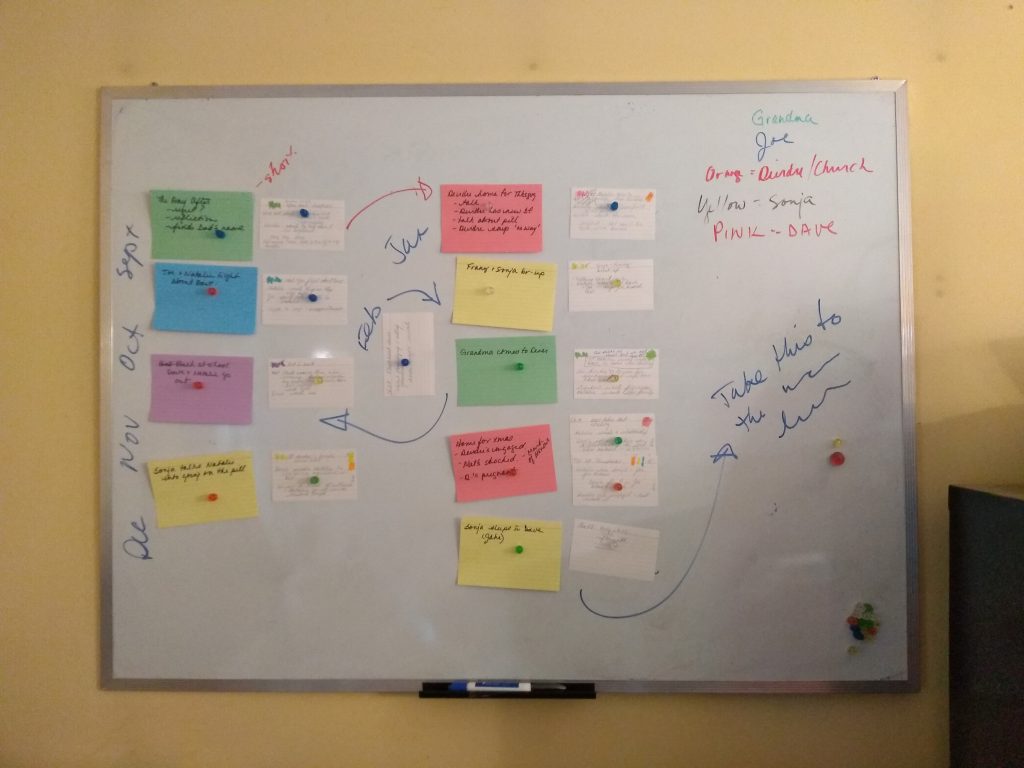
When I was raising my kids, they had a lot of tantrums. “The books” said to look for triggers, such as transitions. Does your child have trouble with transitions? Not only did my child have trouble with transitions, I realized I too had trouble with transitions. Certainly, not to the same extent, but “changing gears” for me took an extra push, an extra effort. And this showed up in my writing routine.
When I’m writing a first draft, there is a perpetual motion forward, of keeping the fire burning and just going. But now I’m editing and fine-tuning what is to be my final draft–except for some copy editing. I’m working on getting the rhythm and pacing of my plot, sub-plots and character arc, perfected. It’s an exciting time as I’m closer than I’ve ever thought to getting the story right, getting the rhythm right. I can go back and fix the prose, but getting the structure nailed down is vital.
I’m jumping between editing, writing, and reading as I work out the rhythm of this final draft. One moment I’m writing a new scene, another editing a few lines, then I’m reading backward and forward to make sure it’s right. But each change in activity, each transition, brings with it a natural speed bump for me, a chance for resistance to turn that bump into a wall.
Given the opportunity, resistance will always make mountains out of mole hills. Transitions were no different. And the trouble sounded like this: That’s not going to work. Are you sure that’s what you want to do? A new scene! You don’t have any more scenes in you. I have to constantly trick that inner dragon that wants me to stop, tells me I have “better things to do”. And the dragon looms even larger the closer I get to actually finishing my novel. (Yes, you read that right. I don’t usually talk like this, but by golly, I think I’ve got it.)
I tried to trick the dragon by changing the way I thought about what I was working on. Instead of identifying each task to be done, and separating them out, I decided to commit to an hour of writing a day. Being isolated for the pandemic has made my life fairly routine, so sticking to a schedule isn’t so tough. I’ve chosen the time I used to spend making lunches and getting my kids out the door. I’ve told myself, you must work on your novel for an hour every day. I don’t care what you do with that hour, but work for an hour.

I force myself to transition. Even if this is the worst novel in the world, even if I don’t have another scene in me, even if I’m not sure; I’m going to work on it for the next hour. And the amazing thing is, all those thoughts I had were wrong. I have more scenes in me. This is what I want to do. This is going to work!
By forcing myself forward, by taking that first step, the rest follows. And once I start, the ideas flow. My biggest hurdle is that first step.
Last time I blogged, I showed you how I was using index cards to help me work out the planning of my novel. This blog, I wanted to show you how I used my white-board and the index card to flush out ideas and get my timeline straight. It allows me to see the big picture, though right now I’m working section-by-section.

I also wanted to mention a good guide I’m using right now as I smooth out the rhythm of my novel: Make a Scene, by Jordan Rosenfeld. I’ve found this helpful when I need a new scene. I know what type I need so I check in with this book. For instance, a contemplative scene after a big action scene. I dive into the book to make sure I’m doing the most I can with this type of scene. I’ve found it helpful to make sure my scenes are doing all the work they can in carrying the story forward and keeping my readers’ interest.
There are all kinds of tips and tricks to keep you producing. Feel free to share some of the tools you use to keep yourself working. What are your hurdles? And you do you get over them?
p.s. I wrote the first draft of this blog over a week ago. I was humming along until the routine became too routine and the sun became too distracting and the garden beckoned. I took a week off. Sometimes we need a break. The trick is know the difference between taking a break and resistance. Stay well everyone. And be kind to yourself. Know when to push, know when to pull back. Pace yourself.